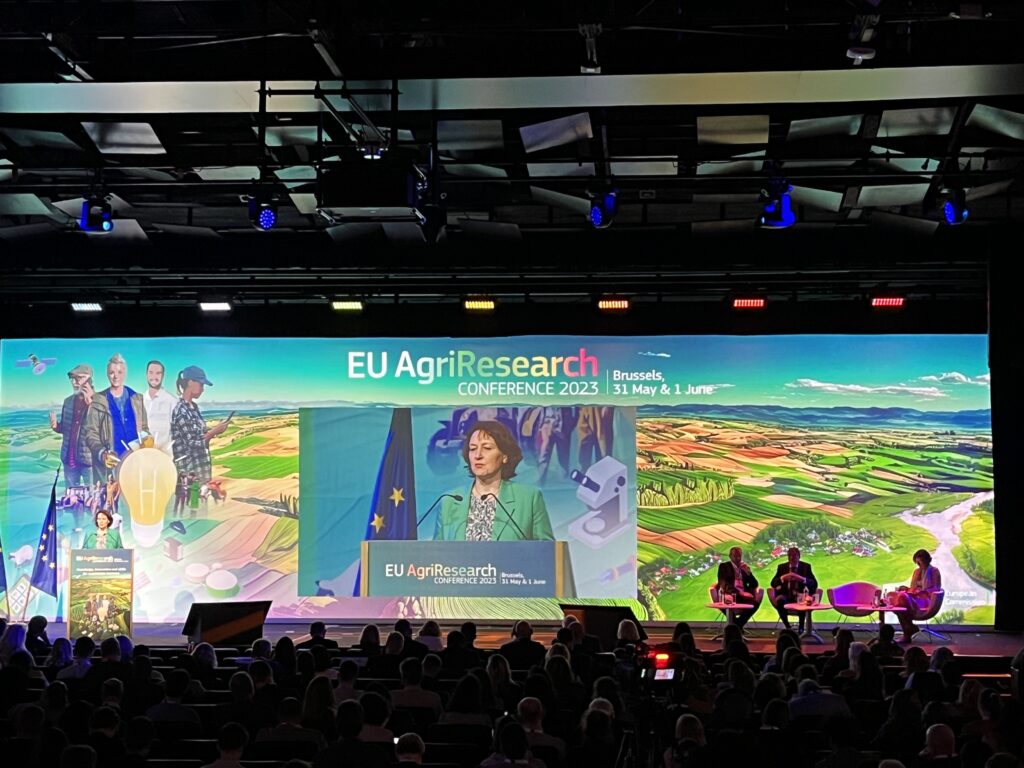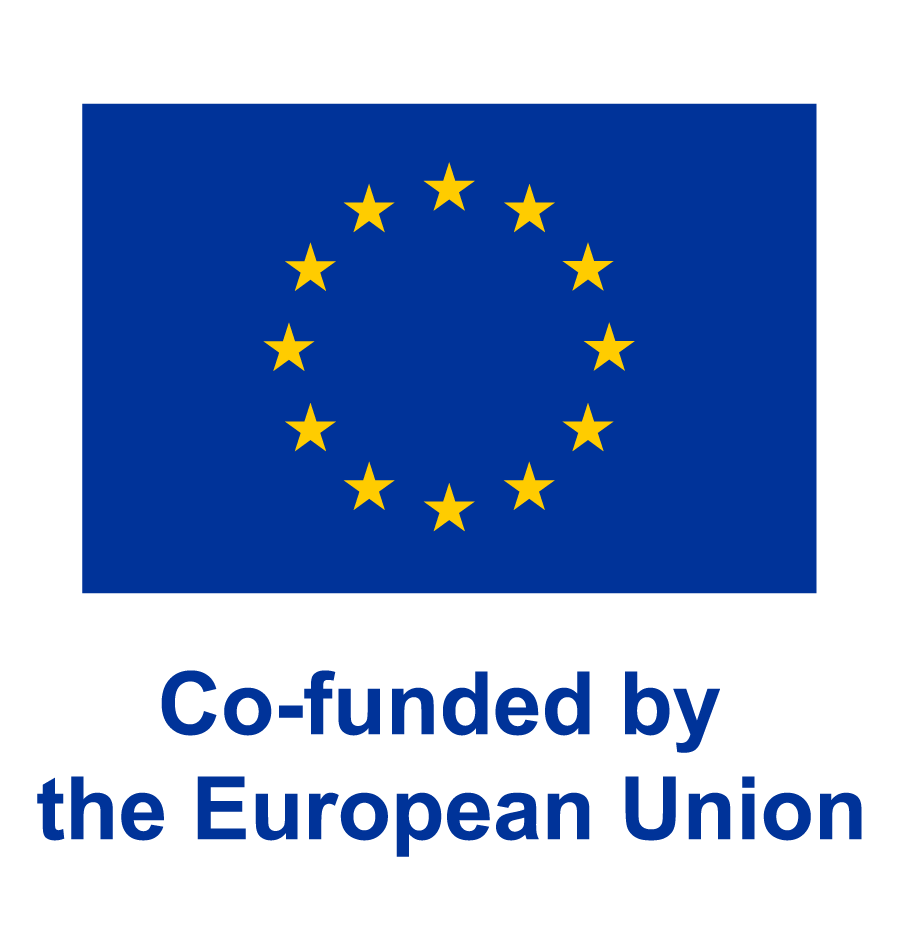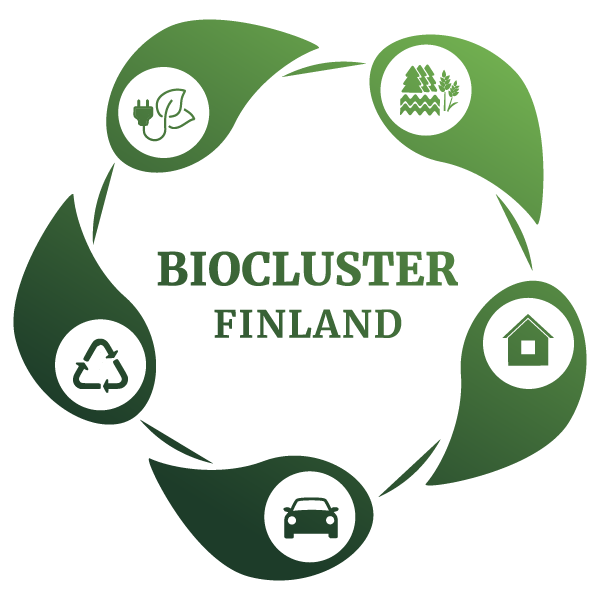Biocluster Finland Took Part in COOPID Bioeconomy and EU AgriResearch Conferenrences
COOPID is an Horizon 2020 EU-funded project with the mission to foster the development of the bioeconomy in the agri-food sector. The COOPID Project has increased cooperation of bioeconomy clusters for bio-based knowledge transfer via Innovative Dissemination techniques in the primary production sector.
COOPID successfully concluded the COOPID Bioeconomy Conference, an official #EUGreenWeek 2023 Partner Event, which was held on the 31st of May at Les Ateliers des Tanneurs, in Brussels, Belgium. The conference brought together industry experts, policymakers, primary producers, and stakeholders. The COOPID Bioeconomy Conference drew more than 130 registrations. It showcased insightful sessions and engaging discussions, fostering a deeper understanding of the challenges and opportunities in the bioeconomy. Anne Sormunen from Biocluster Finland participated in the panel discussions as selected ambassador of Finland.
The role of young farmers is especially critical for the future of European food production. The Coopid project has been implemented in Finland by ProAgria. They requested Biocluster Finland to benchmark French Grand Est bioeconomy region and participate in international exchange of best practices between bioeconomy regions. In addition, two study visits in Oulu and Haapavesi were organised autumn 2022 for the European partners and other ambassadors in order to present agriculture and forestry in Finland including latest circular economy and bioenergy development.
COOPID believes in a sustainable primary sector. A sector where farmers across countries benefit and use the best and latest techniques to grow a profitable business in the bioeconomy.
COOPID identified successful stories in the EU, then, organised visits for primary producers to learn and later talk about their experiences.
8 recommendations for 8 success factors were presented:
1. Increased value of by-products and waste streams. “Primary producers should see themselves as operators in the bioeconomy.”
2. Circulation of nutrients and carbon back to primary production. “Looking beyond the bioeconomy.”
3. Renewable energy as a central element. “Give importance to the value in the outcome”
4. Application of innovative technologies “Leave room for creativity and be open to collaboration and learning.”
5. Access to capital for required investments. “Seeing the bioeconomy as a business model – broader than farming.”
6. New ways of cooperation in the value chain. “Bringing value by collaborating with new experts.”
7. Competences in innovation. “Illustrate with real examples developed by experts that complement your experience.”
8. Cooperatives have great advantages. “Cooperation as a formula to face future challenges.”
More information at www.coopid.eu
The 2023 EU AgriResearch Conference
This year’s European Union AgriResearch Conference, which was held in Brussels, gathered over 500 participants – scientists, farmers, rural communities, industry, advisors, policymakers, citizens and NGO representatives. Many more followed online. The conference invoked critical thinking on how research and innovation can tackle the challenges faced by agriculture, forestry and rural areas, how we can build on current activities and achievements as well as what new opportunities should be explored. Participants were engaged in identifying research and innovation priorities to shape the future EU agricultural research and innovation agendas.
Participants found out how research and innovation activities are enabling farmers, foresters and people living in rural areas to meet the environmental, social, economic and sustainability goals of the EU. They discovered how they link to the common agricultural policy. The European Commissioner for Agriculture, Janusz Wojciechowski, opened the event. High-level speakers discussed the global research and innovation agenda relating to farming, forestry and rural communities, and the role of research and innovation in making the European Green Deal a reality for Europe and beyond. Participants, that attended thematic breakout sessions, actively co-created priorities for the Directorate-General for Agriculture and Rural Development’s long-term EU research and innovation agenda for agriculture, forestry and rural areas. This contributes to the shaping up of the Horizon Europe strategic plan 2025–27 and its future work programmes.
The European Commission Director-General for Research and Innovation, Marc Lemaître, and the European Commission Director-General for Agriculture and Rural Development, Wolfgang Burtscher, together signed the Mission Soil Manifesto. The conference concluded with an inspirational message by Sadhguru from the Save Soil movement.



